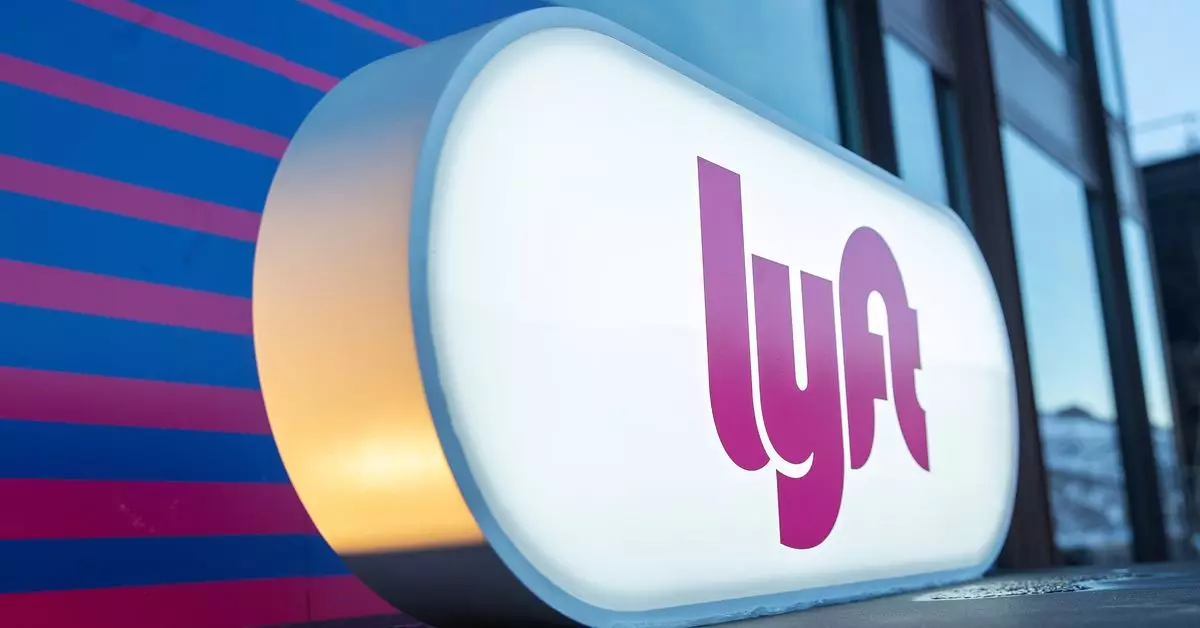In a notable move that underscores ongoing scrutiny of gig economy practices, Lyft has reached a settlement with the Federal Trade Commission (FTC) regarding its misleading advertising on driver earnings. The decision, which will see the rideshare giant paying $2.1 million, highlights the broader concerns about how companies in the gig economy communicate pay expectations to their drivers.
The FTC’s investigation illuminated how Lyft crafted its advertising to project an unrealistic image of potential driver earnings. The company claimed figures that did not reflect a fair representation of what most drivers could expect to earn. For instance, the company touted hourly earnings of “up to $33” in Atlanta, based on top-performing drivers rather than average earnings. Moreover, Lyft included tips in these calculations, thereby inflating the perceived income potential by as much as 30%. Such practices exploit workers’ aspirations for financial stability, leading many to believe they could earn far more than the reality reflects.
The FTC has taken a firm stand against these deceptive practices, emphasizing that it is illegal to entice individuals with misleading pay claims. FTC Chair Lina M. Khan’s assertion that the Commission will use all available tools to hold businesses accountable is a clear warning to companies that rely on dubious advertising tactics. The settlement signals a shift in how rideshare companies might need to market pay rates, suggesting that transparency about earnings is crucial in maintaining legality and trust.
Lyft’s settlement comes as part of a larger trend targeting gig economy firms and their operational practices. Just two years prior, the FTC announced it would focus on “unfair, deceptive, anticompetitive, and otherwise unlawful practices” in this sector. This broader strategy is in response to growing concerns about how gig workers are treated and compensated within a framework often devoid of full employee benefits and protections.
Lyft is not the only company facing scrutiny; its major competitor, Uber, has also encountered regulatory pressures both at the federal and local levels. For instance, states like Massachusetts have implemented laws ensuring that rideshare drivers receive a minimum wage, which reflects an increasing movement towards regulating how these companies operate. Local jurisdictions, including New York City, have introduced similar measures, with reports suggesting that some companies have responded by imposing restrictions on driver access to minimize potential earnings, thus further complicating the labor landscape for drivers.
As part of the settlement, Lyft is now obligated to adopt new advertising guidelines that present a more realistic view of earnings. Specifically, claims must be based on the average earnings of drivers rather than those of a select top echelon. Furthermore, earnings statements can no longer factor in tips, ensuring that drivers receive a clearer and more honest depiction of what they can expect.
This change could have significant implications for how drivers perceive their work and earnings. Drivers entering the gig economy consider these positions as flexible opportunities for income, so clarity in income representation is essential. The potential for exploitation is always present when compensation is shrouded in ambiguity, and such regulations may help diminish these risks.
The FTC’s actions against Lyft represent not only accountability for past advertising missteps but also a desire to create a safer environment for gig workers. As these regulations evolve, other companies in the gig economy may need to examine their practices more closely to avoid similar consequences.
Moreover, this ongoing discourse about gig workers’ rights reflects a broader societal recognition of the importance of fair treatment in all forms of employment. Increasingly, consumers and regulators are demanding fairness and transparency from companies profiting from gig labor. The settlement with Lyft could catalyze more profound changes, encouraging rideshare firms to embrace ethical advertising practices and adequately support their workforce.
In the end, this settlement serves as both a cautionary tale for rideshare companies and a significant moment for gig workers, framing a future where their rights and earnings are more directly safeguarded from deceptive practices.


Leave a Reply
You must be logged in to post a comment.